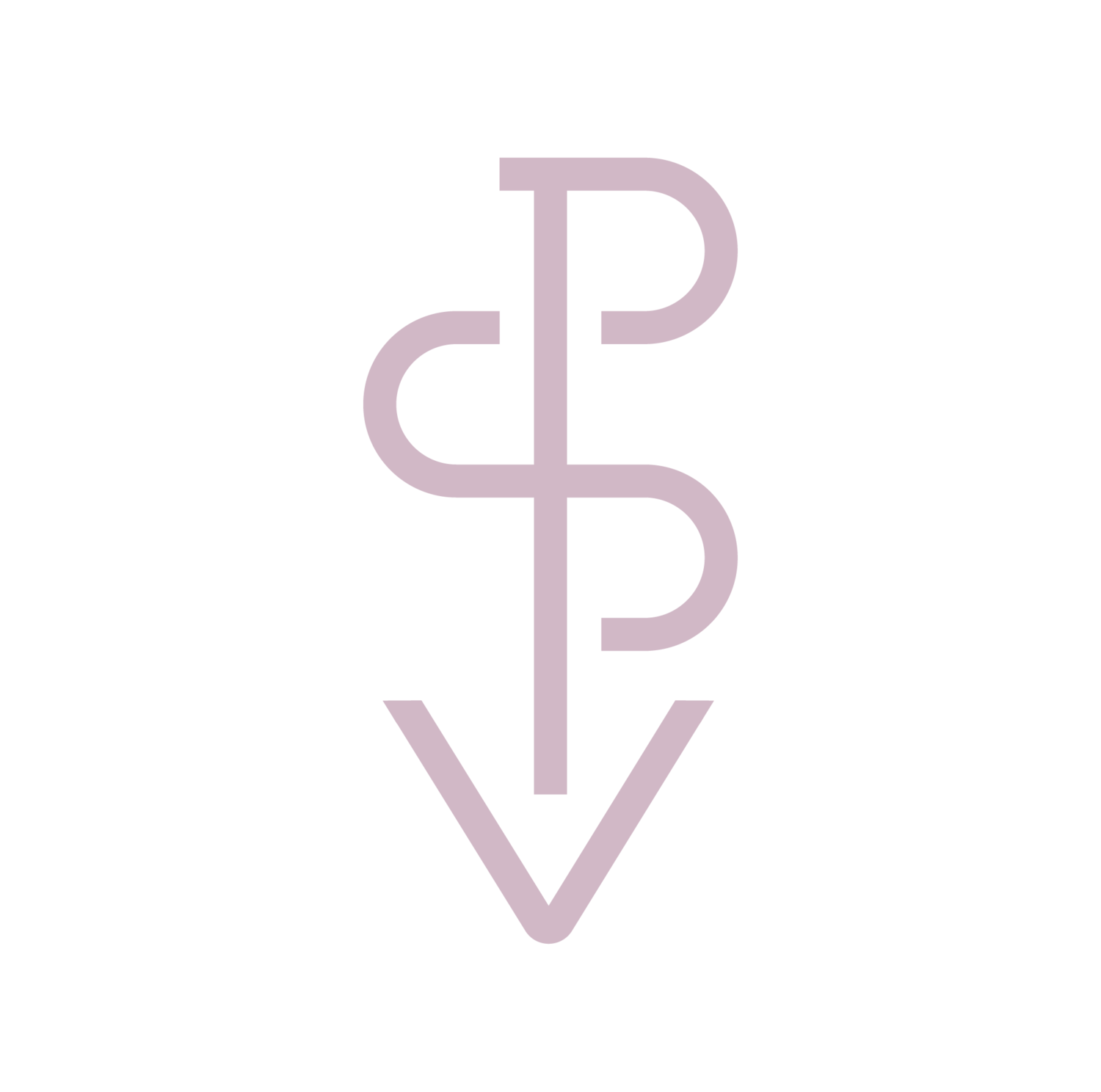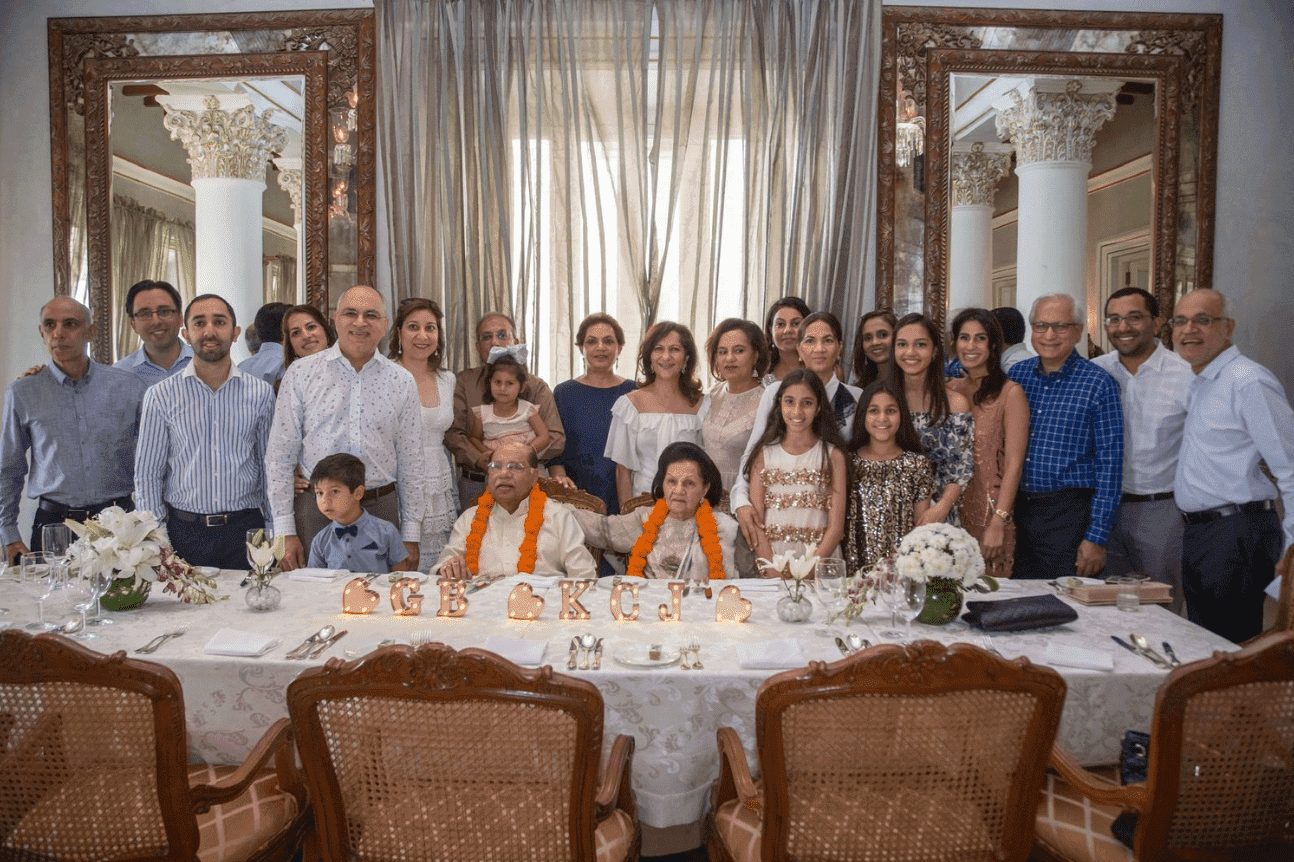HOW OUR ORIGIN STORIES INSPIRE US TO BREAK THE BIAS
The chip on an entrepreneur’s shoulder is pure primordial fuel; where else would you draw from in the extreme highs and lows, the financial insecurity, the rejections, the naysayers, to keep going when you could erase all that volatility and get a job? It’s an insane amount of energy expenditure that is in part how you're wired, ambitious, competitive, in it to win it. But the replenishing subliminal force usually runs quite deep.
The founder's origin story. Maybe you’re from an extraordinarily wealthy family and have something to prove or a first generation immigrant, the first to go to university, or compelled on your mission through direct experience of a problem with paltry solutions. You might simply be an opportunist who sees how to do it better. Even then someone or something gave you some fuck it energy and powerful self belief along the way.
We’re both obsessed with innovation and technology, the more obvious read from our resumes, and we love the thrill that comes from backing entrepreneurs building the future at speed. What is less clear is why we would set up a venture capital fund to back women, given the difficulties plainly evident in the funding landscape. Why take it on?
The entrepreneurs we back often put their stories out there, going deep and exposing their vulnerability, so we thought it fair to do the same. This is why we care about breaking the bias and seeing women crush it in the world of high growth technology entrepreneurship.
While women’s month is cause for celebration, this year we’re overshadowed by the fact that maniacal, tyrannical men sadly still rule.
SAMIRA
My origin story.
I’m half Northern Irish, half Yemeni. I was born in Belfast, lived in Yemen until I was 2 and then moved to Liverpool. I went to the same local state schools as John Lennon and thought if he played in the same playground and did something big and globally impactful, then why couldn’t I? At 16 I followed my sister’s footsteps and moved to United World College of the Atlantic in Wales, an international boarding school founded on a transformative social philosophy, then I lived in Paris for a year to learn French and studied Modern History and Philosophy at St Andrews University.
I come from a family of medics and social activists. My mum lived in Yemen for 10 years working as a doctor where she met my father, they met at a health minister’s meeting, sexy. She is a doctor and consultant in public health, she’s retired now and sits on lots of charity boards. In England she worked for the NHS and Public Health England and ended her career at the top. My dad has done lots of things! Originally he was a nurse and then went into public health. In Liverpool, he was an entrepreneurial community leader founding an Arabic Arts Festival to foster intercultural understanding and was awarded an MBE for services to education. My favorite one of his achievements though, he was a featherweight boxing champion in Yemen.
Why I care about breaking the bias.
My motivation is complex and comes from the extremely diverse experiences I’ve witnessed throughout life. Being half Yemeni, I’ve witnessed female oppression through the rise of fundamentalist political Islam, which makes me angry. However, my Yemeni grandmother (gidda) was the only grandparent I met. She was a strong, courageous woman and lived a tough life as a subsistence farmer; outliving 5 of her 6 children as an early widow. As a single woman she kept the borderlines of her land intact despite intimidation from neighbors. She was also the village midwife and snake killer! In spite of the fundamentalists that were to follow her time, she was a remarkable example of what it was to overcome the cards that life had dealt.
From left, my gidda Noor, next to my eldest brother Isam and sister Afrah (we are 5 siblings in total), my aunty Miriam with my cousins Nabil, Talal and Khaleel. My baba Taher bottom right and his cousin Ahmed in our village in Yemen.
My maternal great grandfather was Sir Frederick Rebbeck. He ran Harland and Wolff, the iconic shipyard that was once Northern Ireland’s biggest employer and most famously built the Titanic (before he was the boss). My grandmother was raised a lady and was never expected to work. Sadly her husband died relatively young, and unexpectedly, so she went from a life of riches to fending for herself and her children with little means. Entering the workforce in her mid 40s to ensure her children could finish their education was tough. If she was a man she wouldn’t have suffered the same fate, her brothers didn’t. Reflecting her time she even said to my mother, the only girl of 5 siblings, ‘It’s such a shame that the brains in the family came to the girl.’
My grandmother Margaret and my great grandfather Sir Frederick Rebbeck at Harland and Wolff’s dockyards in Belfast for the launch of a new ship.
Being raised by a powerful mother in a marriage of love and equals, I assumed that female empowerment was a problem in the Yemeni part of my cultural heritage, and that women could achieve whatever they wanted in the western world. After getting an education in the school of life, I realised the truth wasn’t so black and white. We have come a long way but there’s still work to do. I often think about how much of a rare breed my mother would have been only 100 years ago. Now we wouldn’t blink an eye at a female doctor. I want the same to be true for women building big, globally scalable businesses - a no brainer!
SALONI
My origin story.
I grew up in Singapore, in a North Indian, diasporic family, and I have an older sister. I attended international school my whole life, and attended a United World College from grades 5-12, which instilled a peculiarly strong sense of social responsibility from a young age. At Tufts University I studied Development Economics, delving deep into the relationship between women’s education/literacy and health indicators like total fertility rate and child mortality rate.
My extended family is full of entrepreneurs - both of my grandfathers built businesses. My dad works in his family business in both consumer electronics distribution and real estate investments. On my mum’s side, my uncles grew their family business in textiles, plastics, apparel and real estate investments.
My mum is a pretty enterprising housewife though. When I was growing up, she was always dabbling in new ventures. She started businesses in label making, jewellery, and Mongolian scarves during my formative years - some of which my sister and I helped out with (read: we were unpaid sales clerks). My mum also volunteered at the blind school in Singapore for many years. But pertinently, all the members of my nuclear family are commercially- and technology-savvy. Dinner table conversation often involves business ideas, the real estate market, crypto. And my parents started ordering the household groceries online way before I ever did.
The whole lot of us from my mum’s side (or at least the majority), at my mum’s parents’ 65th anniversary back in 2019. Delegations from 7 countries, 4 continents. #ModelUN
Why I care about breaking the bias.
On a broader level, I have always worked in male-dominated environments, oftentimes having to shout to be heard. In consulting, I was one of very few women in the strategy practice, and there were no female partners. At Zebra, I was one of three women (I was the only one for about 9 months), and while these experiences immunised me to bro-culture to an extent, I’m grateful to be an anomaly in my larger peer group who was taught to negotiate my salary and bat for myself very early on.
From an upbringing perspective, I grew up in a pretty cosmopolitan, progressive household, but there are still patriarchal and archaic aspects to it, creating a sort of dichotomy. Getting straight A’s was important (probably bolstered by the fact that my older sister is brilliant), learning a musical instrument was critical (later in life, it’s important to have a backup career and it also developed the creative side of your brain), and participating at a sport was also desirable. My parents always encouraged us to be balanced - education and career shouldn’t be the be all and end all for women. But at the same time, my sister and I were always told we could do anything we put our minds to.
My mum’s side of the family is more traditional. It’s also probably worth noting that as women, my sister and I weren’t encouraged to work in the family’s businesses. I’ve witnessed a lot of the patriarchy of Indian society and culture at various levels and this is definitely a motivating factor in my ambition for PSV.



